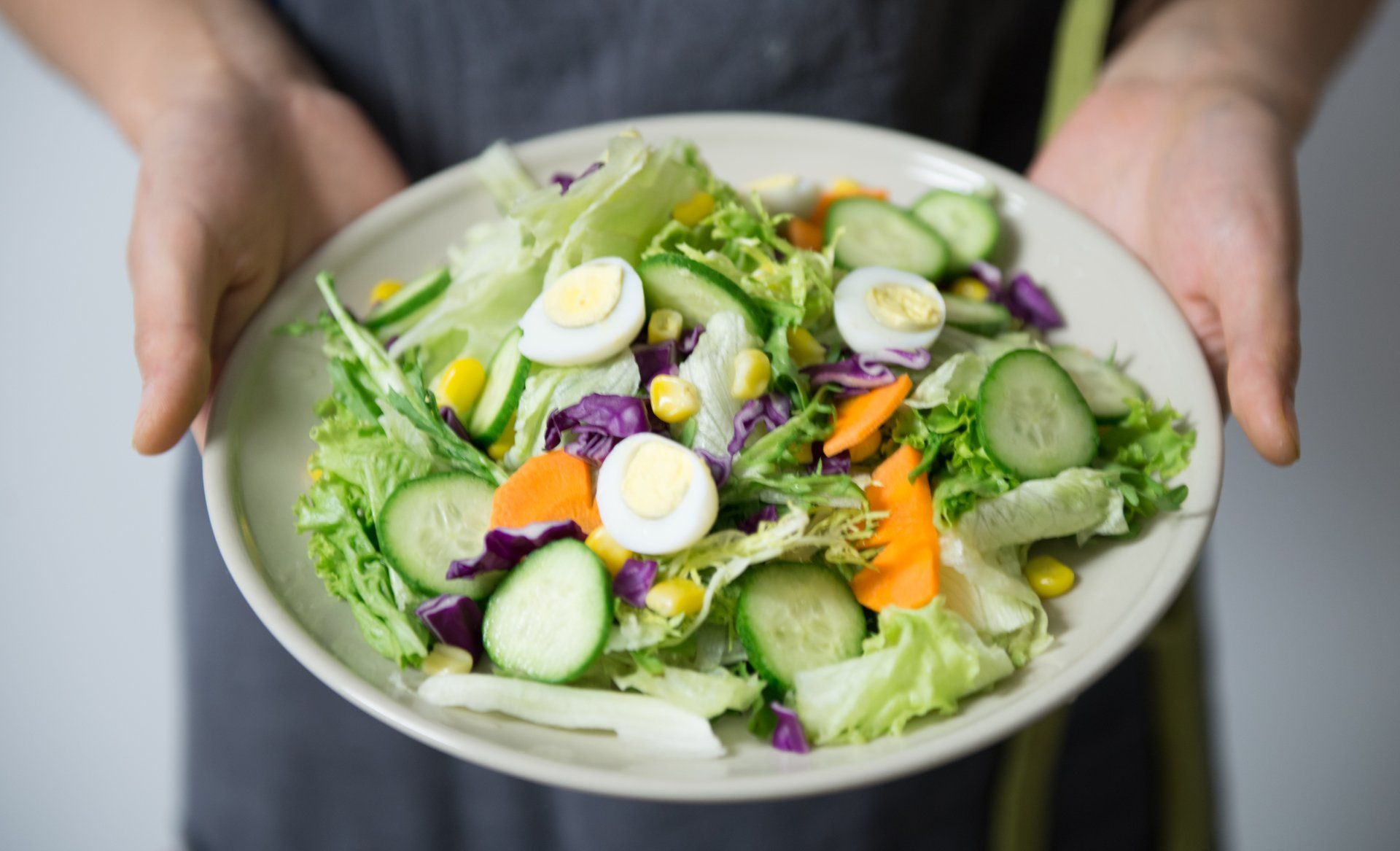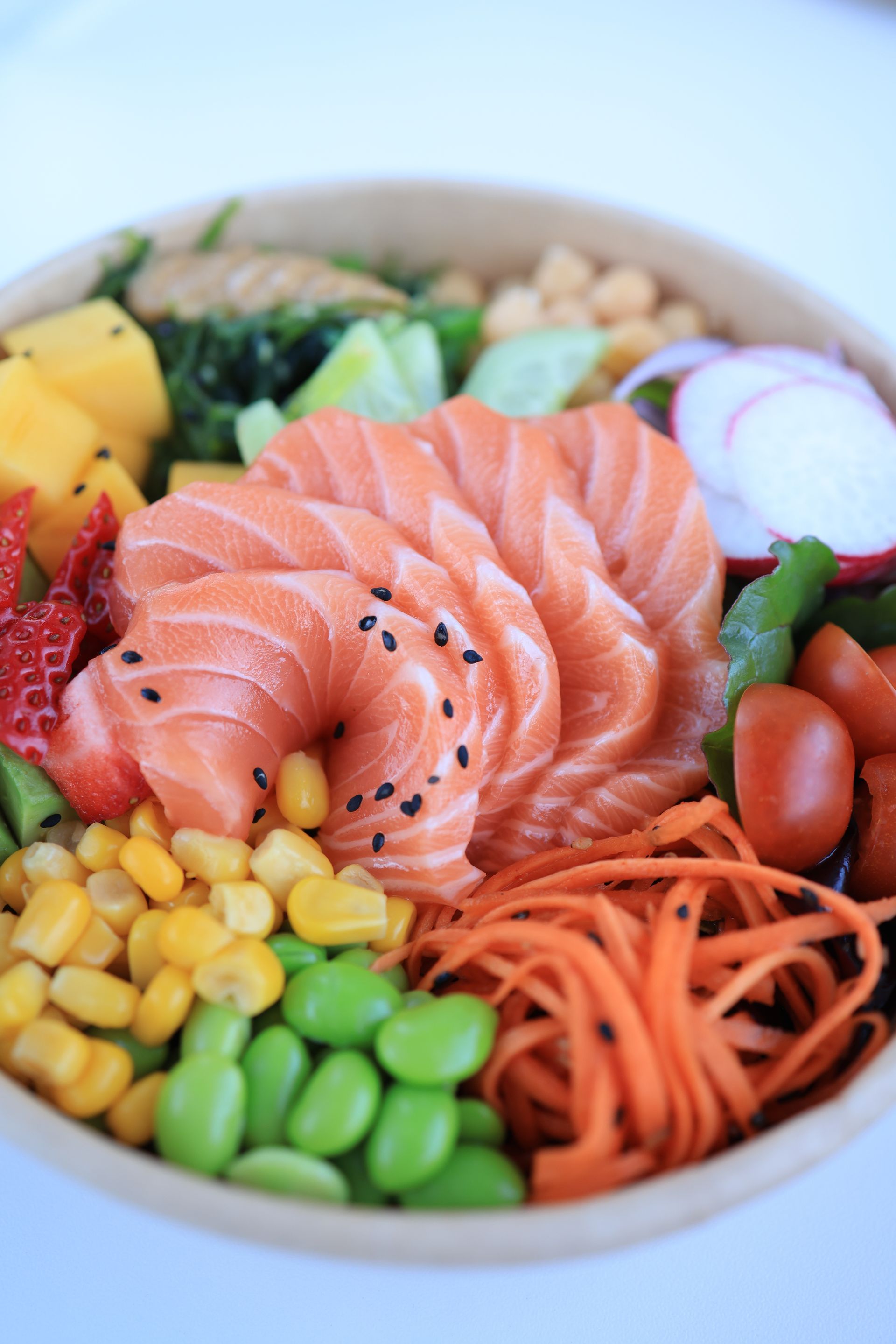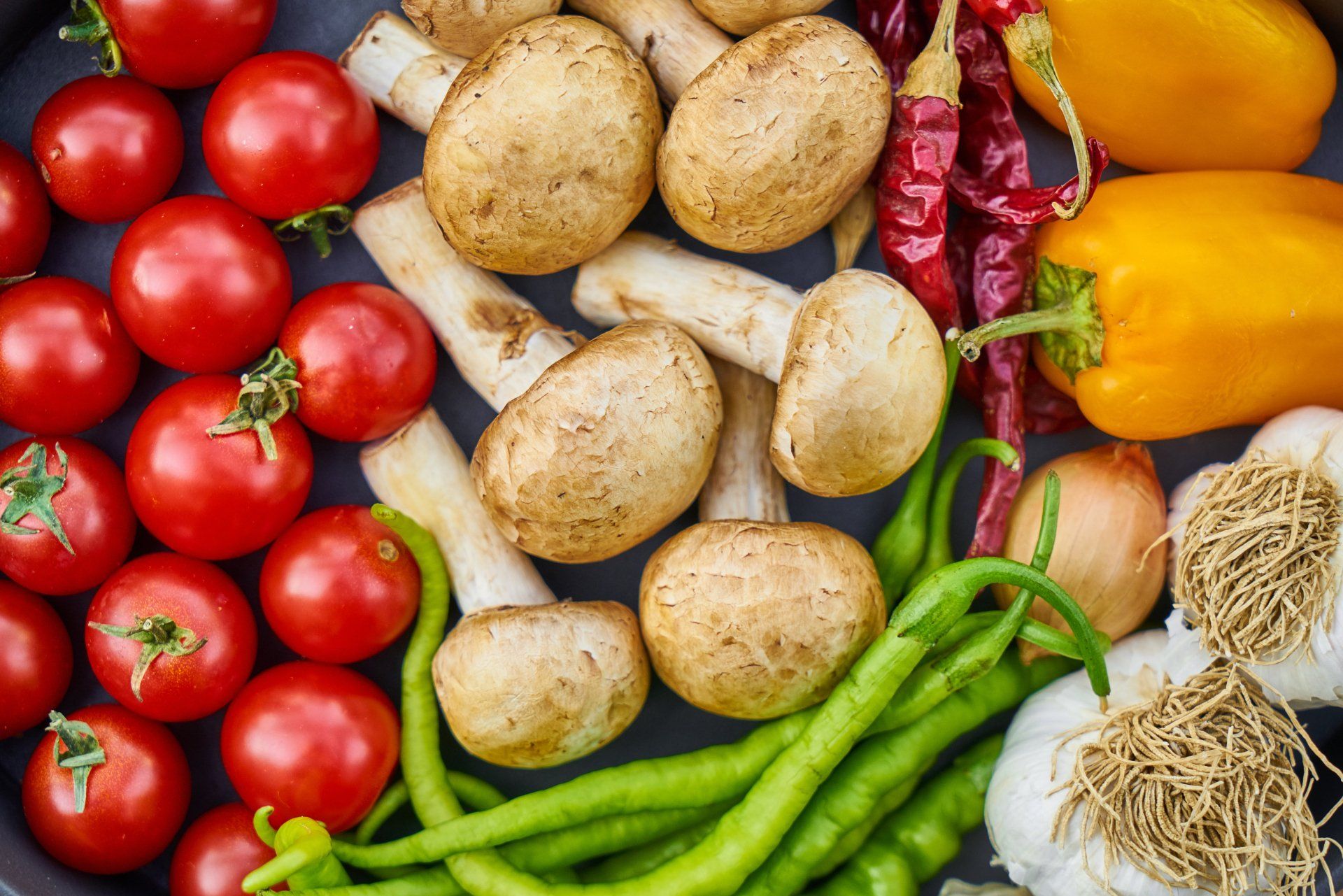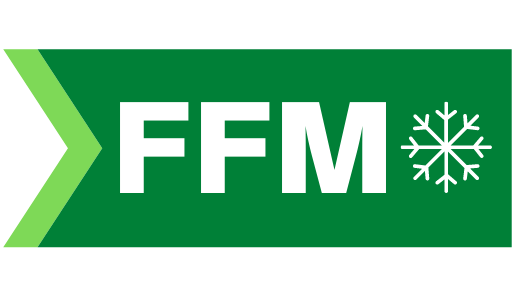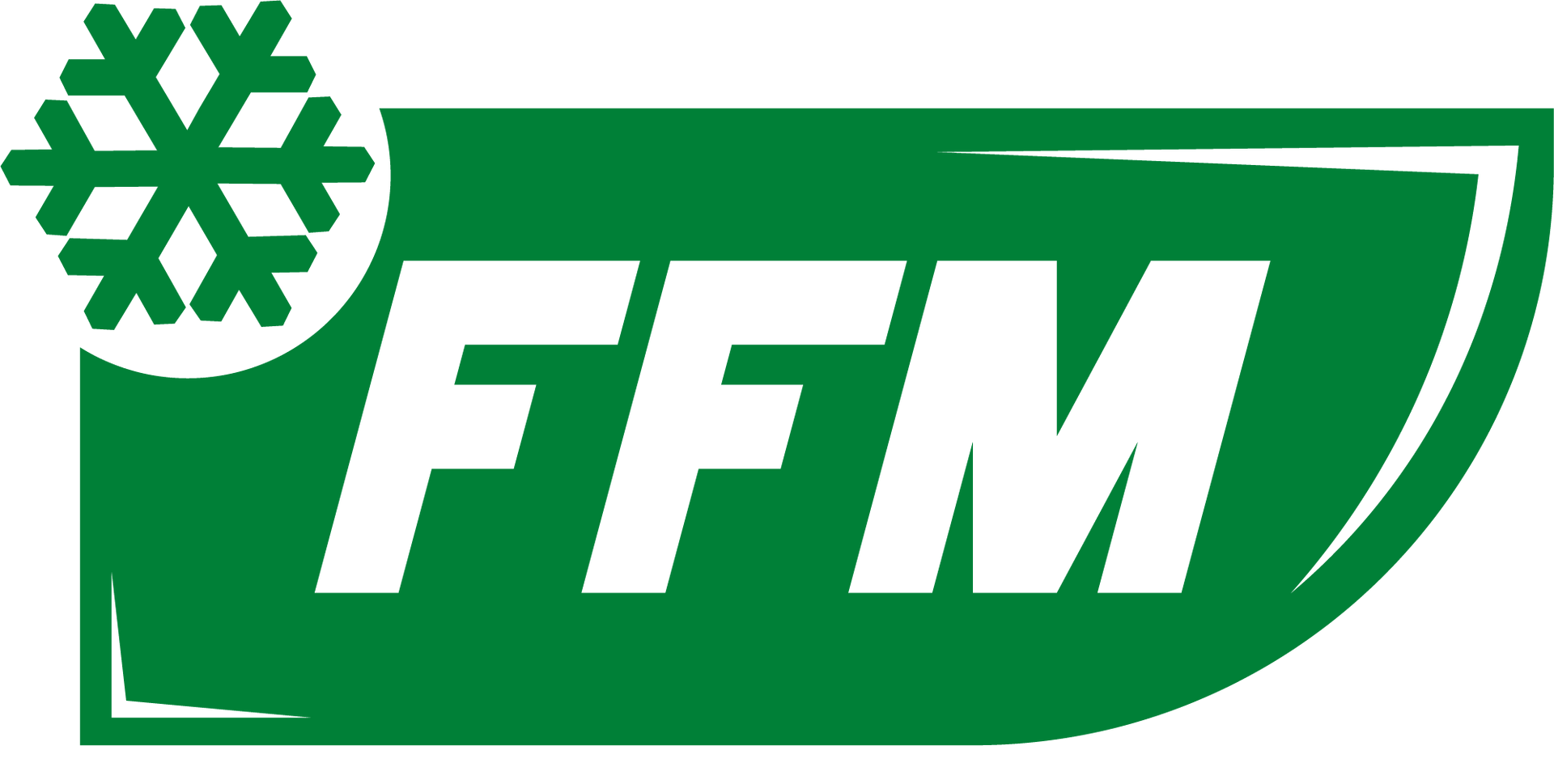Frozen Foods and Food Waste Reduction: An Environmentally Friendly Choice
With the current environmental issues we face today, it's essential to consider sustainable and eco-friendly options. When it comes to food waste, frozen foods are a remarkable solution. Often, people think of frozen foods as unhealthy, but the truth is quite the opposite. Frozen foods can help you save money, reduce waste, and ultimately aid in saving the environment.
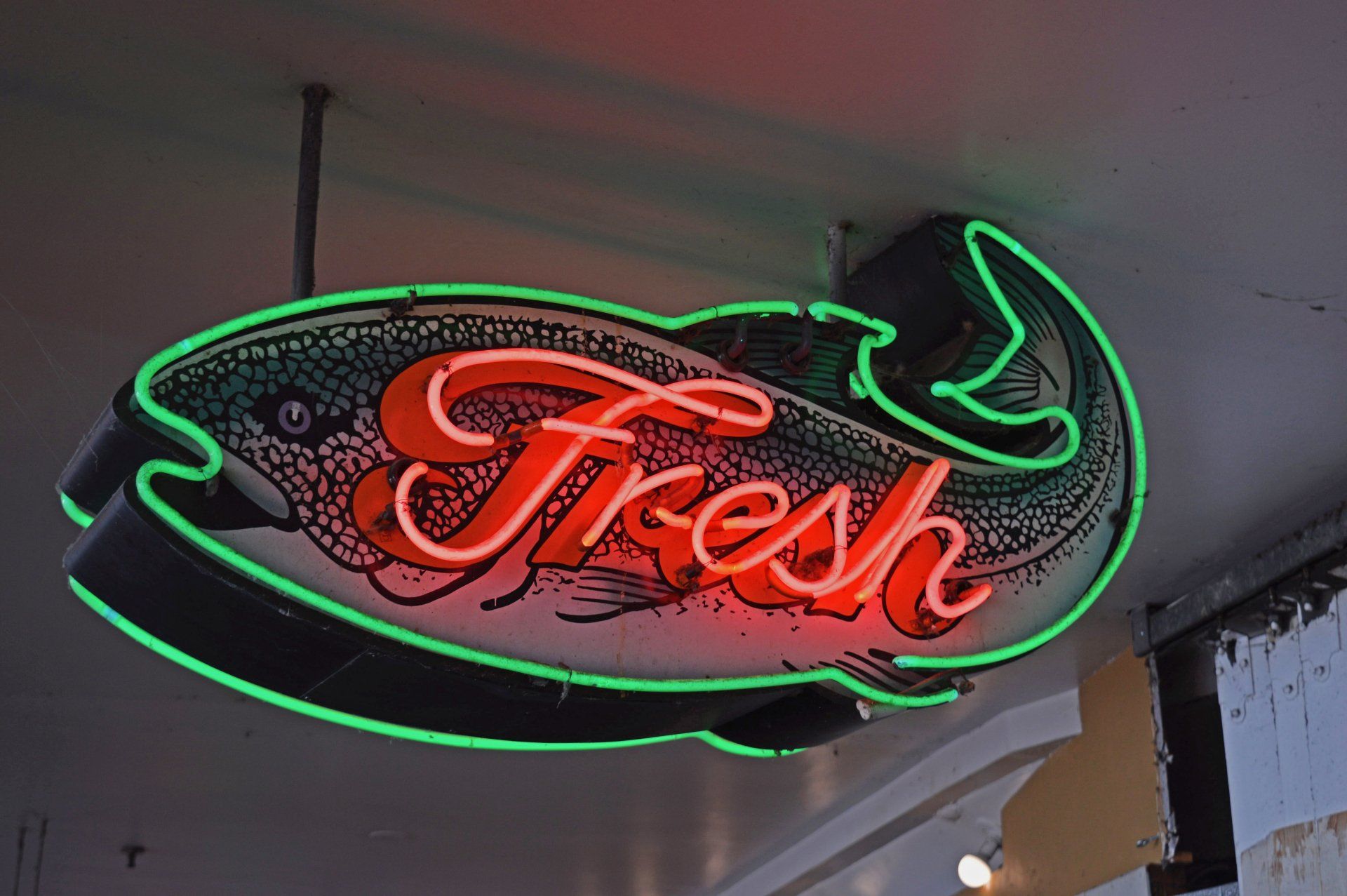
In this blog, we explore the benefits of frozen foods and why they are an environmentally friendly choice.
Long Shelf Life
One of the main benefits of frozen foods is their exceptionally long shelf life. It's common to forget fresh produce in the fridge and let it go to waste. Freezing your food preserves it for an extended period, up to months. This shelf life makes it perfect for bulk buying and meal prepping. Moreover, with frozen foods, one can buy in larger quantities as you don't have to worry about it going bad. The long shelf life also reduces the need for continuous trips to the grocery store, ultimately leading to less greenhouse gas emissions.
Reduced Food Waste
Taking a step towards reducing food waste may seem small, but it goes a long way in helping the environment. Overthrowing food produce is a common issue when it comes to fresh food. This food waste, when decomposing, may add to greenhouse gas emissions. When you choose frozen food, you reduce food waste. Freezing food allows it to be stored for longer, and ultimately, you buy what you need. You can also stock up on frozen fruits and vegetables, which comes pre-chopped, saving you the time and effort of preparing fresh produce.
Nutritional Value
Contrary to what many people believe, frozen fruits and vegetables are no less healthy than fresh produce. Frozen food's nutrient content is preserved through the freezing process. This means that consuming frozen foods also has its nutritional benefits, keeping your body healthy even when purchasing food options with longer shelf life to reduce waste.
Cost-Effective
Buying fresh produce every time you need groceries, especially out of season, can be expensive. Choosing frozen fruits, vegetables, and even meat options can save you money. They tend to be cheaper than fresh produce, and with longer shelf life, you can buy them in bulk and freeze for later use.
Convenient
Lastly, frozen foods are incredibly convenient. With frozen food, you have a wide variety of options that are easy to prepare. This convenience saves time and effort, making it an appealing option for people with busy schedules. This easy prep also keeping food time "chefs" away from from the kitchen, cutting down gas emissions.
In conclusion, it's clear that frozen foods are an eco-friendly option for anyone looking to reduce food waste and make environmentally conscious purchases. With longer shelf-life, reduced waste, convenience, and cost-effectiveness, choosing frozen foods is an easy switch to make. It's important to note that frozen food offers the same nutrient value as fresh produce. Frozen food manufacturers should continue creatively exploring how to create sustainable and eco-friendly frozen food production line, with less to no waste to keep this planet green. Let us embrace frozen foods and make a difference in our environment.


